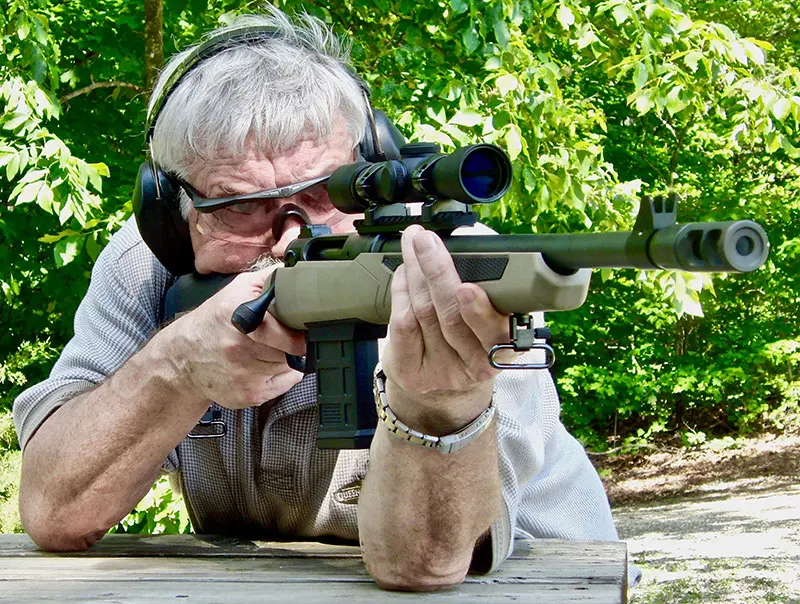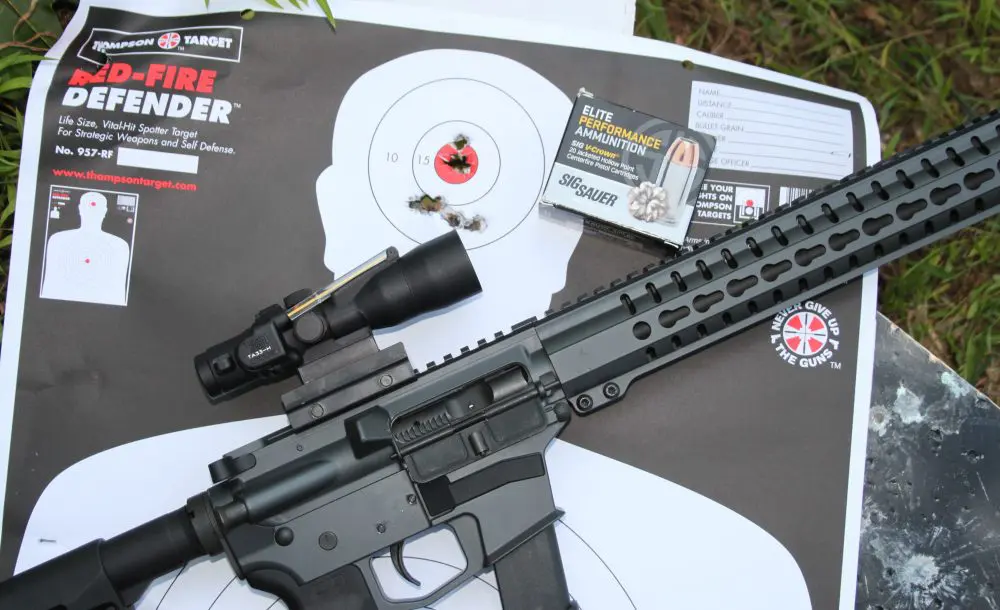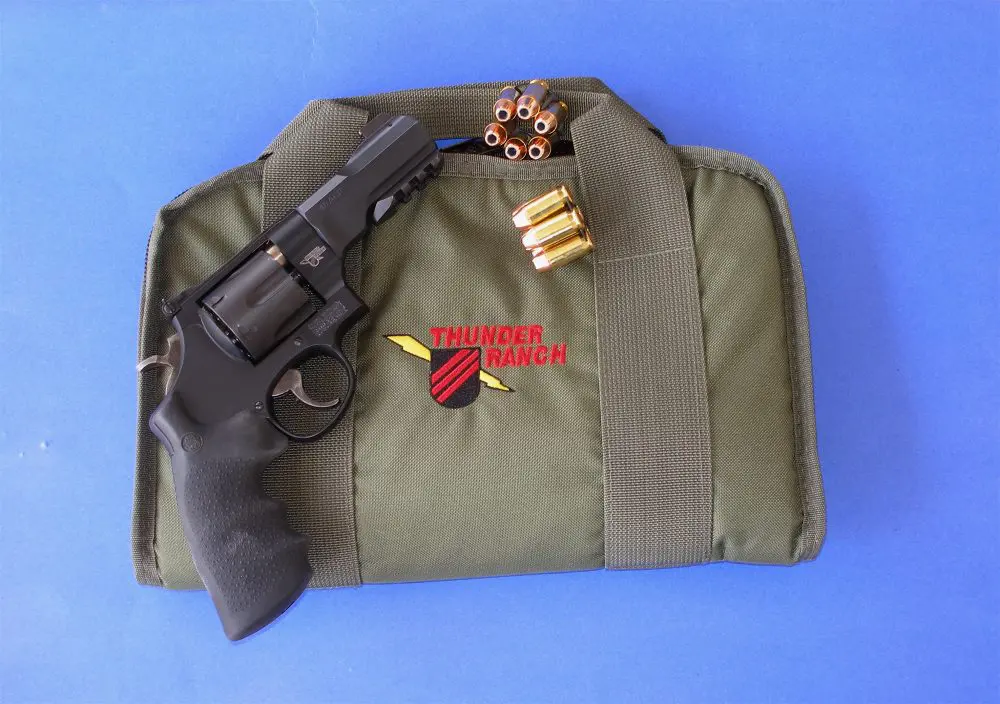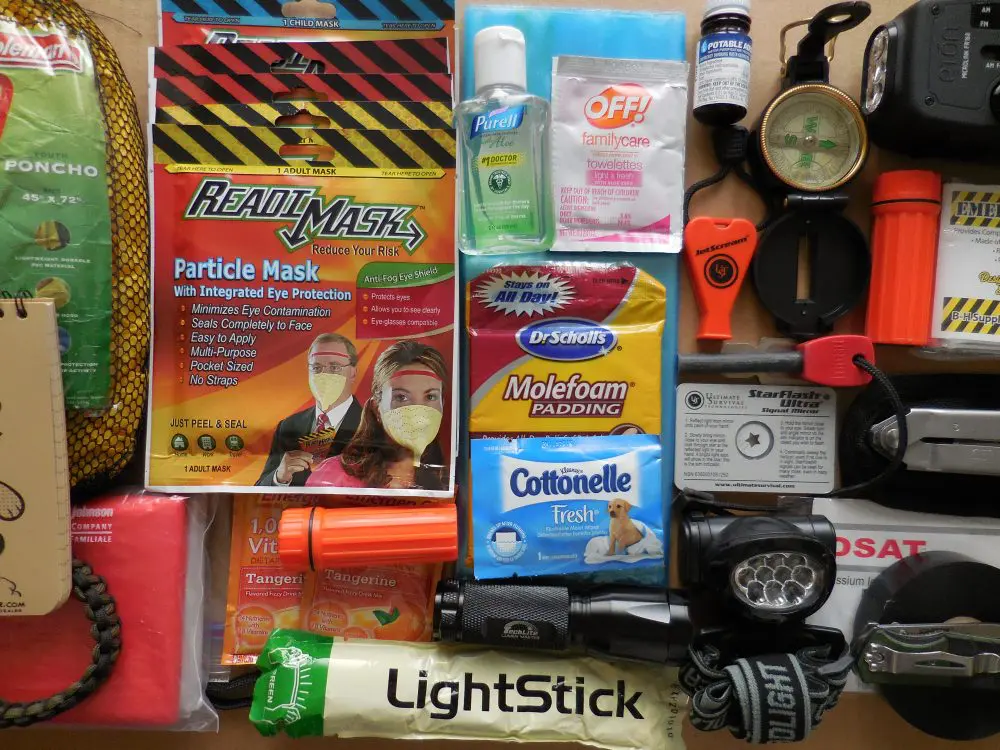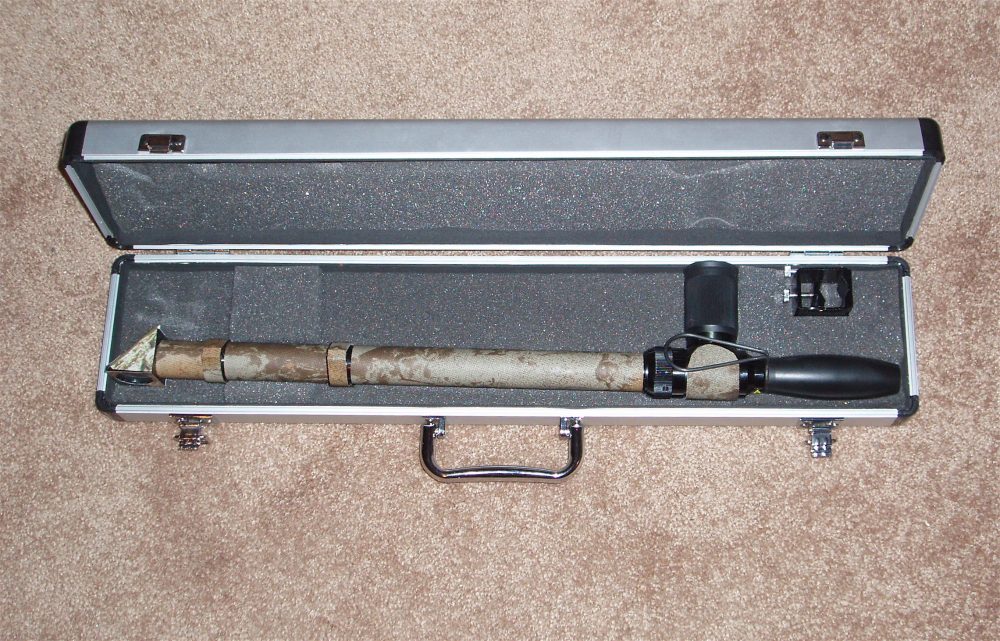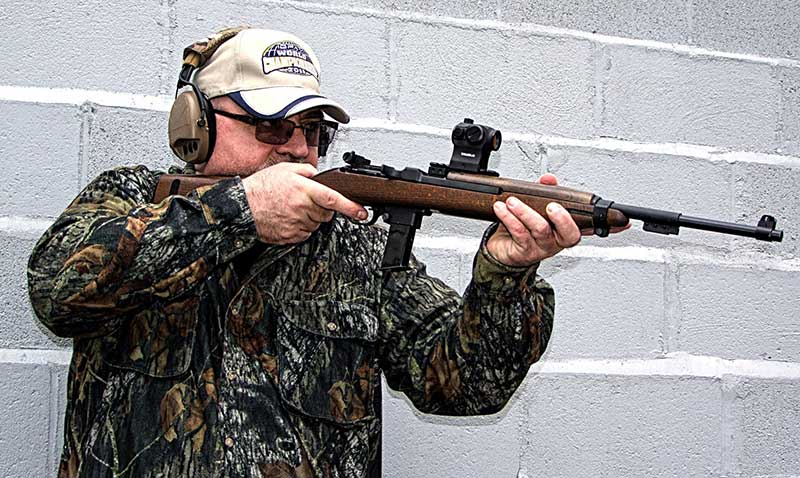I was reading a post from a well-known trainer whom I don’t usually agree with, but I peruse his writing because of the provocative points it often raises. Recently he advanced a very interesting idea I had never considered: after a shooting, will the police look at you as a suspect or a victim?
With half-credit given, I decided this was indeed an important question that I’d like to take for a spin around my own little magazine column.
So, will you be a suspect or a victim? If you think this isn’t an important distinction, you are profoundly wrong. Just consider what happens when there is a private-citizen shooting in the U.S.
After the gunfire has died down, lots of folks with guns, badges, and legal authority arrive. Those initial minutes of a shooting investigation determine the direction of the case and thus can be critical as to how you spend the next several decades of your life.
Hopefully everyone agrees that winning the gunfight is your most important task, but keeping your freedom and financial wellbeing intact is a close second.
Speaking from 30 years’ experience wearing a badge, cops put everyone in the world into three categories: suspects, victims, and witnesses. Witnesses are an issue unto themselves, while victims generally receive automatic sympathy, even if it is sometimes undeserved. Suspects, honestly, are just scum, and follow-on investigations operate from that (often unconscious) standpoint.
That’s why you want to be considered a victim if you are ever involved in a gunfight.
Consider this: Cops rarely investigate “good” shootings. In the vast majority of cases, troublemakers shoot troublemakers or innocent victims get shot by criminals. This means nearly every time the police are involved in a case with gunfire, the person pulling the trigger is a bad guy.
That’s why the authorities are predisposed to likewise consider you a bad guy when you use a firearm. That’s also why your most important goal after the gun smoke dissipates is to convince investigators, and later prosecutors, that you are a law-abiding citizen who simply exercised his or her God-given right of self-defense in a legal fashion after being threatened with serious bodily harm.
A good way to do that is by acting like a victim.
How is that done? First, every lawyer will give the stock advice of “stay silent.” Unfortunately, remaining tight-lipped and therefore “uncooperative” and mumbling only, “I want my attorney,” is guaranteed to make you look guilty of something heinous. Bad guys, especially career criminals, always clam up and demand their mouthpiece, which is why mimicking their actions is sub-optimal if you didn’t do anything wrong.
I’m not saying you should share everything that happened since fifth grade and throw your Fifth Amendment rights into the sewer, but during initial questioning, there are ways to help keep the cops on your side without saying something you’ll later regret in court.
Consider doing what police officers are required to do after a shooting: Give a “public safety statement.” This isn’t a full-blown walkthrough of the event that includes every single thought and action on your part, but a concise synopsis of the situation and your general actions. Of course, the detectives and investigators want to hear every last bit, including what you had for dinner the previous night, but this is where you can reasonably fall back to, “I’m really upset and I don’t remember everything clearly. I’d be happy to meet with you a little later and give a full statement.”
That later statement should have your attorney in attendance to make sure things don’t get too far out into left field.
The keys are to be polite, cooperative, and believable while not over-sharing and hurting your legal cause. Even if you don’t feel like being nice to the cops, a cooperative (yet internally wary) approach might get you freed from custody pending a grand-jury review rather than semi-permanent jail residence while somebody decides if you are suspect or victim.
The problem with being cooperative is that, after a major traumatic event, we tend to spout off at the mouth and babble uncontrollably, often saying things we regret later. That is why lawyers tell you to keep quiet when questioned by police. However, if you buy into this idea of victim versus suspect, trust that offering a bit of generalized insight about your actions at the scene isn’t likely to get you into any further hot water and might in fact help your cause.
I acknowledge this strategy won’t help in every case, but it’s a darn sight better than shouting, “Go pound sand—I want an attorney!” Do that and your name will go into the “SUSPECT” block of the report before they even put you into the back of a squad car for further interrogation.
Of course, cops, investigators, and situations run the gamut, so if things appear to be headed in an unpleasant direction, politely assert your rights, request an attorney, and then zip your lips.
While this idea seems considerably more challenging than remaining silent, the potential benefits far outweigh the drawbacks. My hope is that if you were cool enough to win a gun battle, you are cool enough to answer a few basic questions and keep the cops on your side.
After all, everybody else is saying it nowadays, so we might as well join them: “I’m a victim!”
Brent T. Wheat is a former SWAT officer, canine handler, detective, and patrol supervisor who retired after a 30-year law enforcement career. Brent is the publisher of WildIndiana Magazine, a regionally focused outdoor magazine. He can be reached at [email protected].

